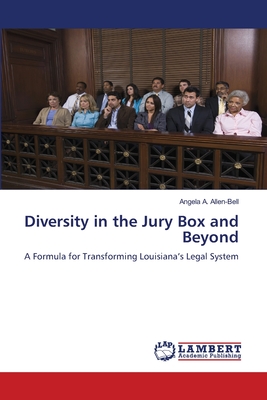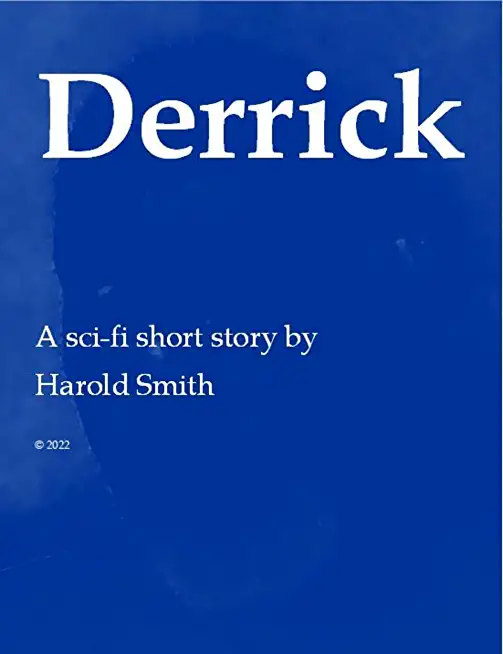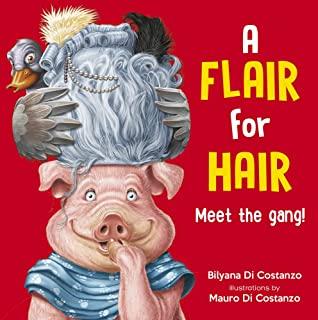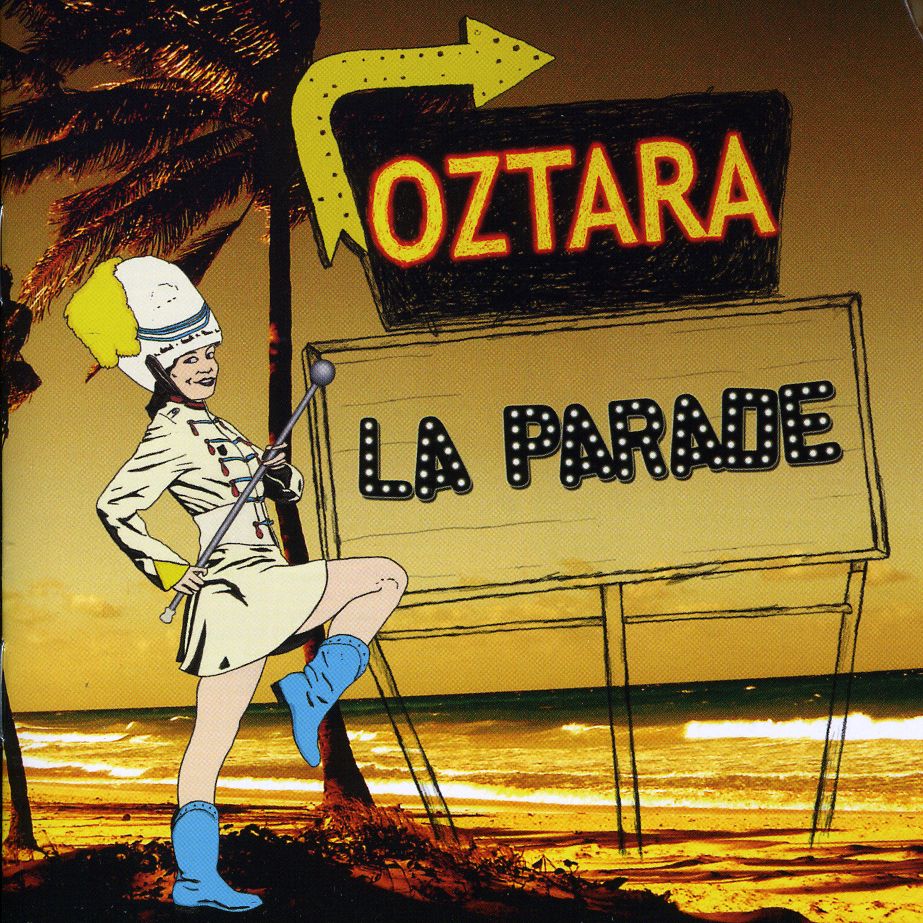
description
s that, for a jury to serve its sacred purpose, jury diversity must exist amongst jurors because of the way a range of perspectives improves deliberations. That research also hints to the virtues of equity, inclusion and belonging during the deliberation process. I joined other change agents in a fight to end non-unanimous juries in Louisiana. In 2018, our efforts ended in a surprising victory and a historic success. We brought an end to a 120-year-old law! The advocacy team reached a reliable and accurate group decision. This book seeks to have this outcome viewed through a larger prism. It analyzes how that same deliberative process research can be used as the means for moving individuals from the spell cast by racial hierarchies to valuing and prioritizing diversity, equity, inclusion and belonging. After, it offers transitional justice as the ends for addressing the systemic failures of Louisiana's legal system or any other system that harms.
member goods
No member items were found under this heading.
Return Policy
All sales are final
Shipping
No special shipping considerations available.
Shipping fees determined at checkout.







